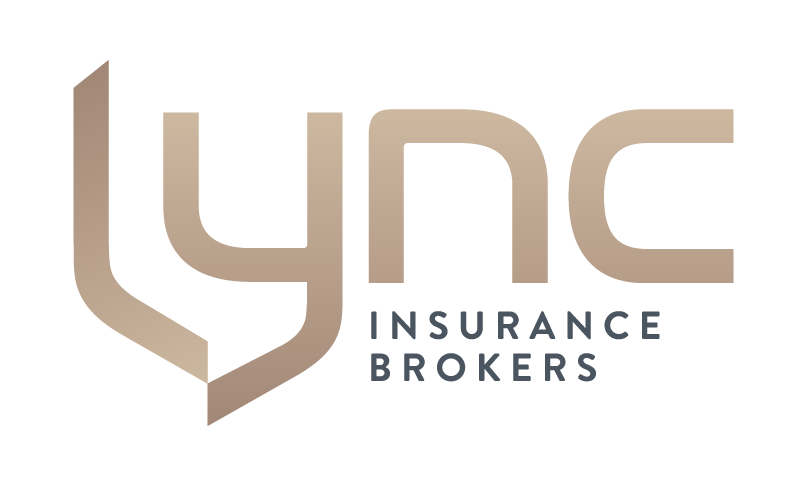Disclosure & your Strata Insurance Policy
When you buy insurance there are matters that may affect insurance, but unless you disclose it to the insurer, they will be unaware. As you have not clarified this matter with the insurer, you have no way of knowing that in the event of making a claim, your claim may be affected by the non-disclosure of this matter.
Insurers may be able to refuse to pay a claim or part of a claim under an insurance policy if the policyholder has not complied with their duty of disclosure under certain circumstances, and then non-disclosure has prejudice the insurer. See below for a duty of disclosure statement:
Matters that may require Disclosure
An example of such matters that relate to typical strata insurance disclosure matters include;
What claims have you made in the last 5 years?
Claims
Commercial tenants occupation is required to be disclosed with new business and every renewal as this can affect the risk.
Commercial Tenancy
Whilst commonly it might be concrete, brick, wood or other, building cladding is now very topical. The existence of any cladding of whatsoever nature should be disclosed as part of your building construction description. Non-compliant cladding is an issue for insurers, due to fire safety aspects
Construction of your building
Usually, building reports will highlight potential maintenance issues.
Mainly for older buildings, an example is a wiring condition report that illustrates you have an issue with electrical wiring in the building.
Roof report that states the roof timber beams have rotted.
Concrete cancer on balconies
Any matter that highlights adverse matters about your building could be considered a defect to be disclosed.
Building condition reports
A Defect can arise in many ways, such as;
Design – poor design can lead to issues
Materials used – example is non-compliant cladding – the cladding used safely is okay, but not used correctly can cause major fire hazards. Other materials and products may actually be cheap and not perform well on the building
Workmanship – poor building techniques and lack of experienced tradesman
Serious lack of maintenance that leads to a defect
Defects that are known
Such as earth movement of movement of foundations, leading to cracks in walls etc.
Structural
Typical disclosure questions shown on applications include:
Is the Strata Community aware of any building defects?
Has an insurer declined an application or refused to renew a policy for the Strata Community?
Has an insurer imposed special terms or conditions to the Strata Community insurance?
Has an insurer declined or refused any claims?
Attach the claims history to this quote (Up to 5 years)?
Any other questions that are asked, must be answered, whether they are an application or not, but must be in writing?
*Note not are all matters that relate to disclosure are asked as questions within an application.
Your Duty of Disclosure
Before you enter into a contract of general insurance, you have a duty, under the Insurance Contracts Act 1984, to disclose every matter that you know or could be reasonably expected to know, is relevant to the underwriters’ decision whether to accept the risk of insurance and if so, on what terms. You have the same duty to disclose those matters before you renew, extend, vary or reinstate a contract of general insurance.
Your duty, however, does not require disclosure of a matter
- that diminishes the risk to be undertaken;
- that is of common knowledge;
- that the underwriters know or, in the ordinary course of business, ought to know;
- as to which compliance with your duty is waived by the underwriters.
Non-Disclosure
If you fail to comply with your duty of disclosure, the underwriters may be entitled to reduce their liability under the contract in respect of a claim or may cancel the contract. If your non-disclosure was fraudulent, the underwriters may also have the option of avoiding the contract from its beginning.
N.B. The disclosure required is especially important in matters relating to the physical risk, past claims, declined cover at renewal leading to a cancelled policy, the imposition of increased premiums and application of higher excesses etc. and any matters that might affect the acceptance of the risk such as insolvency or criminal convictions.
